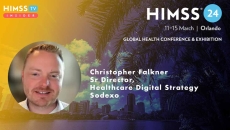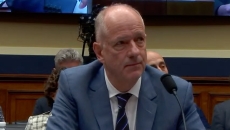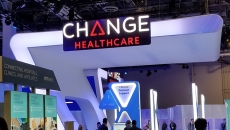Privacy & Security
All organizations need to define where their cybersecurity risks lie, and consider gaps in threat monitoring, says Steve Cagle, CEO of Clearwater. "It's not just the technology, but it's also the people and the process part of it," he said.
CIOs, CISOs, CMIOs and CEOs should all be collaborating to strengthen security controls while also enabling clinicians to access the information they need to treat patients, says Dr. Eric Liederman, CEO of CyberSolutionsMD.
Monash Health has disclosed that it is one of those affected in the latest ransomware attack in Australia.
Reflecting on pioneering roles, Christopher Falkner, 2024 HIMSS Changemaker and Sodexo senior director of digital strategy and cybersecurity, talks about his journey from engineer connecting medical devices with EHRs to protecting them.
Testifying before Congress on Wednesday, UnitedHeath Group CEO Andrew Witty promised that his company has stepped up its cybersecurity efforts after the massive and far-reaching ransomware attack, and pledged to underwrite providers' cashflows as needed.
While extortion continues to drive the work of cyber adversaries, organizations are restoring from attacks faster and making ransom payments less frequently than in years past, the data and security experts said.
SPONSORED
Targeting the most time-consuming admin work can help boost job satisfaction.
Patient and plan members' information was reportedly shared through tracking codes on its websites and apps.
In a letter to the Office for Civil Rights, the Medical Group Management Association asked HHS to ensure its provider members will be held blameless and that UnitedHealth and Change Healthcare will take on the administrative work of alerting customers.









